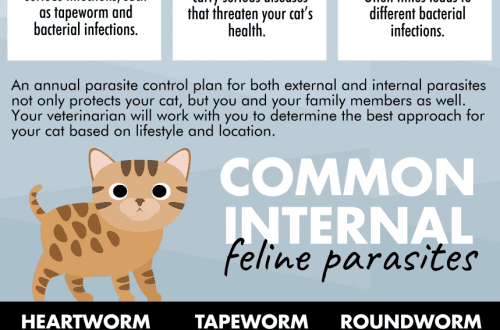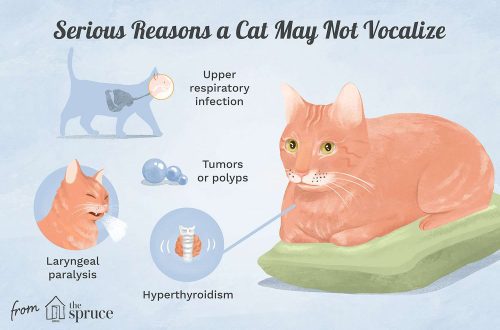
Optimal cat weight
In addition, breed weight standards are designed for healthy adult cats and do not take into account the characteristics of growing cats and cats of advanced age. For a more accurate assessment of your pet’s fatness, you should use the 5-point body condition assessment table. Assessment should be made by inspection and palpation.
Recommendations:
1. The cat’s weight is below normal. If your pet falls into the first two categories, then try to find out whether the cause is disease or improper/insufficient feeding:
Consider if your cat has any diseases that are manifested by weight loss. For example, some diseases of the gastrointestinal tract can prevent nutrients from being absorbed normally.
Remember how often and with what drugs you treat parasites.
What do you feed your cat: homemade food or ready-made food? Does this diet meet her needs?
Assess the feeding and housing regimen: is the cat getting enough food? What is her activity level? Are there other animals in the house?
2. The cat has a normal weight. Is your cat in the third category? Congratulations! But still, do not forget that preventive examinations by a veterinarian are the basis for maintaining health. And remember about regular processing from internal and external parasites.
3. The weight of the cat is above the norm. If your pet belongs to the fourth or fifth category, it is worth understanding what the reason is: perhaps it is associated with a disease, or overfeeding or lack of physical activity is to blame. If a cat is obese due to a disease, then reducing feeding and increasing activity can greatly worsen its condition. If she really overeats, then it is important to remember the dangers of losing weight too quickly.
In any case, if your cat’s weight is not normal, you should contact your veterinarian – he will help to correctly determine the causes, prescribe treatment if necessary, or give recommendations on nutrition and physical activity.
The article is not a call to action!
For a more detailed study of the problem, we recommend contacting a specialist.
Ask the vet
August 28 2017
Updated: October 5, 2018





